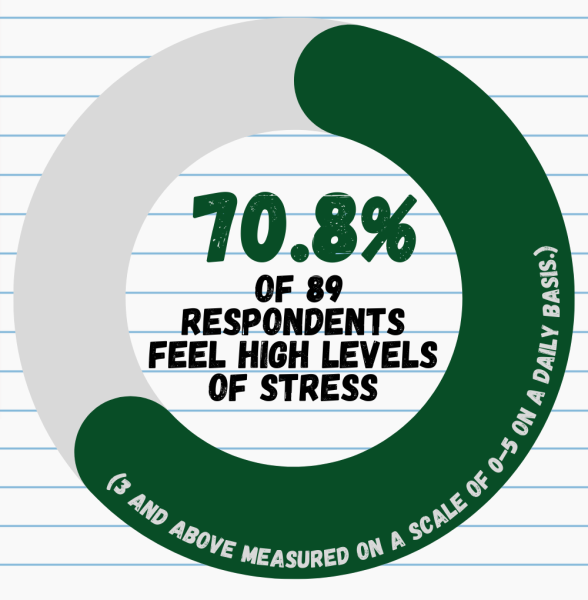Learning a Language: Sooner Rather Than Later
The benefits of learning a second language are nearly immeasurable. This spans a wide range of developmental and cognitive skills, such as boosting brain power, improving memory, increasing ability to multitask, and even lowering the risk of brain aging, dementia, and Alzheimer’s, according to the University of the Potomac. With these added benefits, combined with how easily learning a second language comes to infants and toddlers, it’s practically a no-brainer that learning a second language should be an educational priority from an early age.
Unfortunately, despite the fact that competitive colleges and universities require at least two years of foreign language classes, only about 25% of high school students take a foreign language class, according to a 2017 article of Education Week. For K-12 students as a whole, that number drops to a mere 20%. Despite language proficiency becoming an essential skill in a growing and changing world, fewer people are learning a second language, and not nearly enough people are learning them early enough to guarantee proficiency.
Katharine Yoon, a sophomore at LHS, has been bilingual ever since she could talk. “I have been speaking Korean since I started talking,” said Yoon. “The first word out of my mouth was Korean.”
Yoon developed her language skills from a young age, and was significantly helped by learning a language in her early years of preschool, through learning the grammar, vocabulary, and alphabet alongside a traditional English curriculum. She spoke very positively of the effects of learning an additional language early on.
“It definitely made it easier because when I was younger I didn’t really have an understanding about the fact that I was learning a new language or something new,” Yoon explained. “I kind of just went with it and I was able to grasp it a lot easier.”
Yoon’s experience is one shared by many students, including Candela Arregui Sola, a multilingual senior at LHS. Arregui Sola is fluent in English, Spanish, Catalan, and French. She is also continuing to build her language skills in Mandarin. “I think languages should be taught earlier because when we’re little, we absorb more,” said Arregui Sola. “We learn faster and are able to contain all the information faster than when we get older.”
Arregui Sola’s view of the importance of language is not an uncommon one, and another firm believer in the benefits of learning languages earlier on is Dr. Jennifer Goettsche, the foreign languages department supervisor for LHS. “In schools, the earlier we can start language programs, the better for fluency,” said Goettsche. “But that takes a lot of effort in coordination between elementary schools, middle schools and in our high school.”
There are certainly factors that can hinder the possibility of foreign language programs, such as a lack of funding, educators, and the struggles accompanying building a curriculum. However, it has been proven numerous times that the benefits of learning a second language far outweigh the drawbacks. Even if one chooses not to pursue a career, degree or profession specifically in foreign languages, this additional resource will certainly come in handy in many aspects of life.
“I definitely think kids could benefit from learning language earlier because it would be easier for them to grasp the concept earlier,” said Yoon. “Then, throughout their life, they can use it, especially in careers; they can travel internationally, or they can work as a translator.”
Earlier and more comprehensive language courses, taught alongside standard classes, can greatly benefit a student. The positive outcomes associated with speaking an additional language fluently continue to grow, and it only makes sense that children, capable of picking up these skills at an astonishingly young age, should begin learning a second language earlier. While it’s a good start that comprehensive language programs exist at schools like Libertyville High School, it is important that these courses spread, and take root in learners at an early age.














